5 Reasons Superchargers Are Dying Out
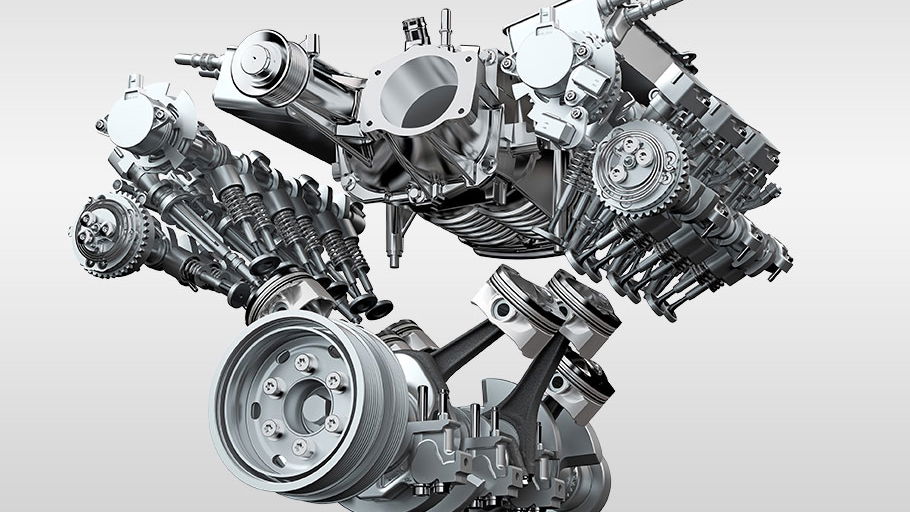
Superchargers have been a staple of forced induction for decades, with the first supercharged cars strapping the compressors to the front of the engine before emigrating to sit either on top of the engine block or bolted to the engine’s flank. Despite the legendary whine of this induction method, superchargers are dying out with the dawn of downsizing and turbocharging.
It’s even looking like Jaguar might be leaving superchargers in the past, having once been stalwarts of the technology for the last couple of decades, and one of the few manufacturers still using them.
So why are they old hat?
1. Lack of efficiency
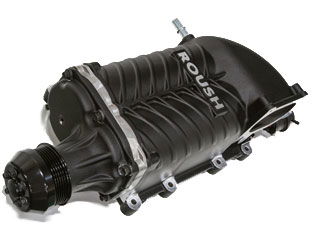
While turbochargers recycle exhaust gases and increase an engine’s efficiency, a supercharger is driven by a connection to a belt running from the crankshaft. This means that energy is being sapped from the engine’s natural rotation to power the supercharger. This is known as a parasitic loss.
The parasitic loss is also directly proportional to an increase in fuel consumption as the engine is working harder to produce the desired power, which these days is a massive black mark in any manufacturer’s book.
2. Dimensions
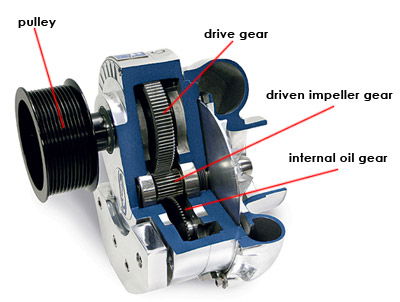
With the automotive power war in full swing, it is fairly easy for a manufacturer to ramp up the power from a turbocharged engine by turning up boost pressure or fiddling with the turbine’s internals. For a supercharger to keep up in the same fashion, the dimensions of the entire ‘charger would have to increase in conjunction with the amount of desired boost, blowing up to something inconveniently heavy and massive.
3. Reliability
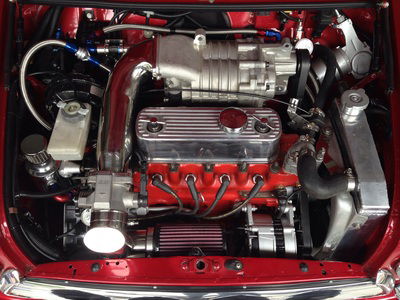
A supercharger puts a huge amount of stress on an engine through kinetic energy and heat production, therefore many engine components have to be over-engineered to cope with the additional strains put upon them. In most cases, this then leads to added weight and diminishing returns in terms of performance.
4. High weight placement
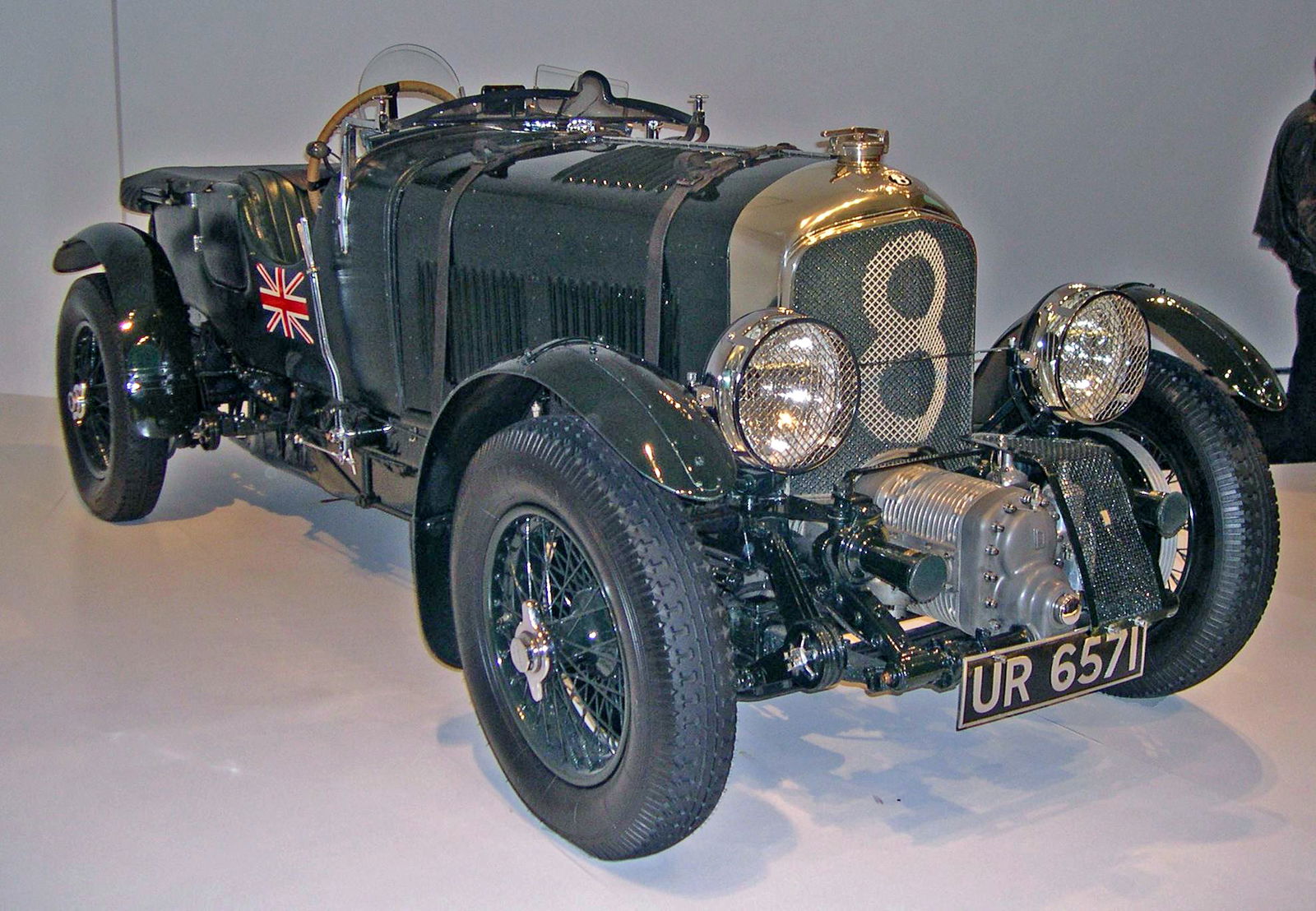
The popular placement for a modern supercharger is above the bank of cylinders, with many V8 engines positioning it neatly above the engine’s V. Unfortunately, this means a large chunk of metal alloy is sitting very high in the engine bay, raising the overall centre of gravity of the car which could potentially disturb the car’s dynamics. An increase in height of the centre of gravity increases the rate of yaw and will lead to much more lateral lean during hard cornering; not something that’s ideal for performance car motoring.
5. Cost
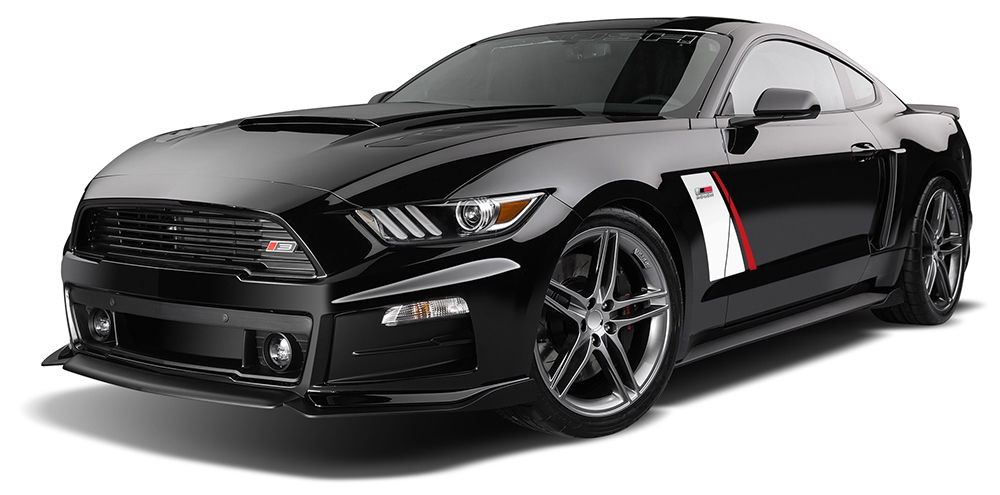
The sheer amount of engineering that goes into supercharging a vehicle almost inevitably trickles down into the price tag. The additional reinforcing of standard components to meet the specifications for supercharging will inevitably lead to a higher price tag along with the need to use premium fuels in engines subjected to the stresses of forced induction of this manner.
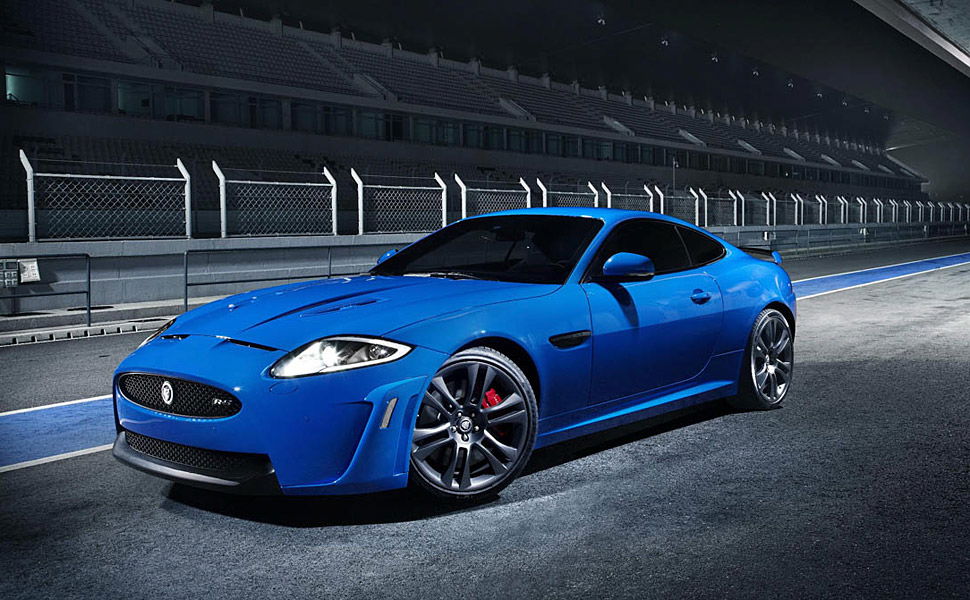
I personally love the sound and feel of a supercharger and would take one over a turbocharger on my Mk2 MX-5 any day of the week. Thee linear power delivery and the visceral shriek they pump into the cabin is truly addictive. Cars like the Vauxhall VXR8 and the Jaguar XKR-S are supercharged legends, or you could go the full whack and combine supercharging with turbocharging like Lancia on the brutal Delta S4. If there was ever an argument for supercharging, this onboard footage is it.
I’ll be sad to see superchargers consigned to the history books. They’re not perfect, but cars wouldn’t be any fun if they were flawless, would they?
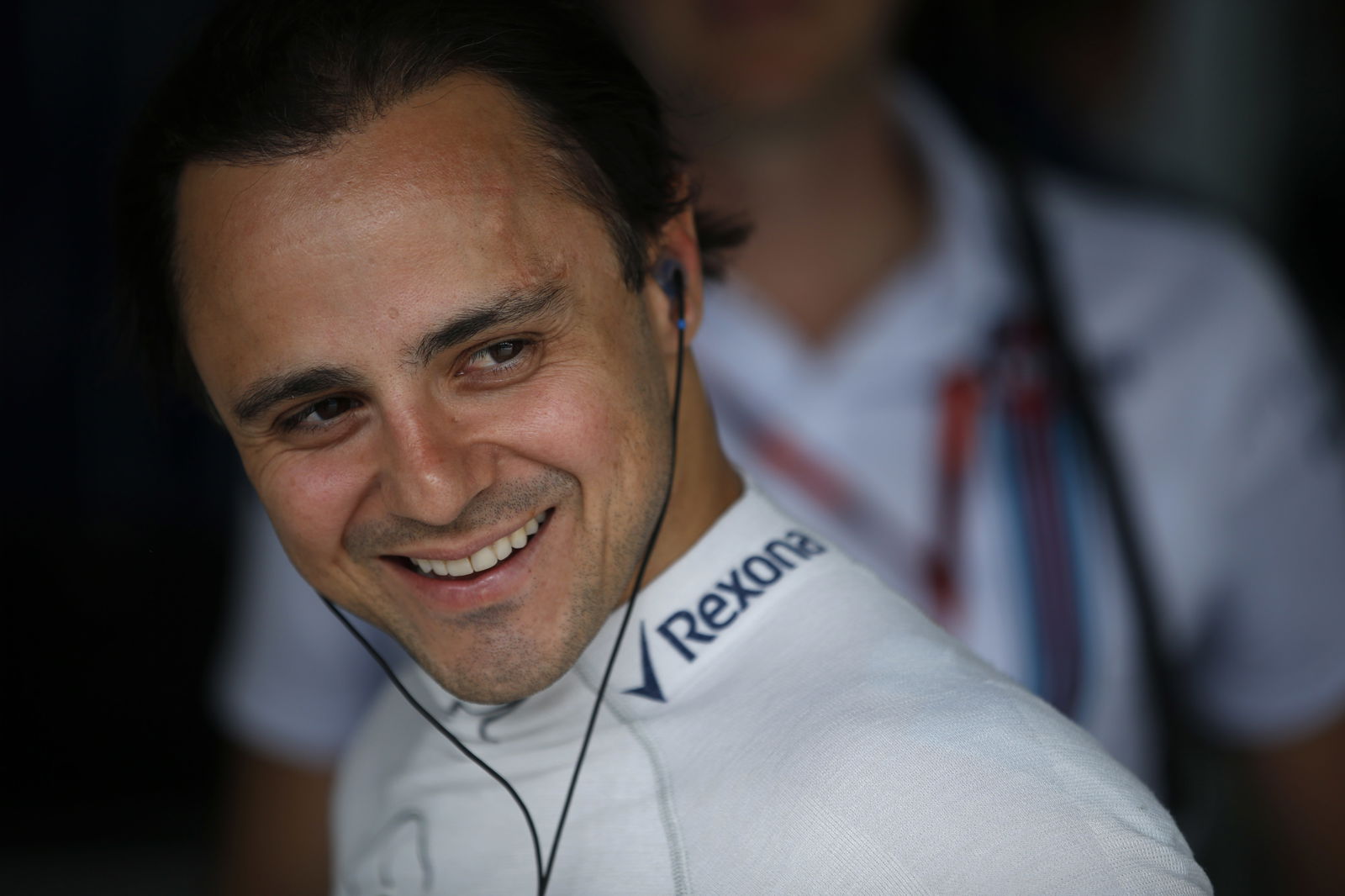






Comments
Yeah a supercharger saps a bit of power.. but it gives much better low end boost! Granted, it doesn’t necessarily have that sudden burst of power in the high rpm range, but there’s a reason twincharging is a thing. Turn turbo lag into “But wait, there’s more!” in a serious way. Too much turbo on a car that doesn’t have the suspension/tire setup to handle the sudden boost could end badly too. Not that superchargers don’t need good suspension/tires to hold traction, it’s just not as bursty.
Don’t burry Supercharger too fast :)
And particulary ones with “gearbox” which allows them to be used in the best efficiency area…
Low revs and low throttle engine work area are not a big concern if you have electric assistance, just sayin’
Oh and on your Mk2 Mx5 (1.8?) just put the small BW EFR and a well made exhaust manifold (1/4 &2/3 pair linked together) , apropriate camshaft (oem cam = Sh*t!) a good MSQ tune and you will not even remember how your supercharged NB was…
Blower looks so good in almost any car that I would buy one just for cosmetics
Well, you did manage to make some less important reasons seem crucial and to miss two key points of superchargers. Here’s what i think:
And the biggest points you failed to address…
Boost pressure and behaviour.
The plus sides to superchargers are a couple: ask a mechanic what he’d rather work on, a hot, oily and high-revving turbo mounted somewhere quite inaccessible most of the times or a big cold lump of aluminium on top of the engine. And ease and cost of maintenance are quite important for OEMs
And superchargers give better NOx emissions because the exhaust isn’t as pressurised and as hot as one from a turbo engine, so if that ever becomes a thing you might see blowers make a comeback.
You can get more boost from an sc by putting a bigger pully wheel on it.
I find most of these reasons absurd. Heat? Really. I guess the writer never saw the orange glowing exhaust system on a turbo. And all the extra exhaust plumbing , intercooler and oil coolers of the turbo. Sure the belt drive is parasitic but it can be made selectable which is huge plus for street driving. And I will be one of the first to buy the 48volt electric super charger when it comes out. Sure it will take a beefed up charging system. Big deal. We do that with audio systems and hydraulic kits already and big caps would really kick that motor up quickly. But sitting in traffic or just driving granny to the market, turn it off. Sure turbos are great but I find them far more complex and engine stressing than simple super charging. But I haven’t seen any 2, 3 or 4 supercharged cars like I do turbo boosted and that would be a downer to the high performance folks.
In reality it is just cheaper for manufacturers to use tubos rather than superchargers. Also, you know that there is a thing such as pulley clutch which engages the s/c when needed
It depends on the type of car
If its a muscle car turbocharging it is stupid it ruins the v8 exhaust note
If its a gtr the engine is only a v6 so adding the turbocharger makes it alot more nicer to listen to
And i love both supercharger whine and turbo blow off valve
Sir Les Edgar will keep on using supercharger if TVR is forced to go forced induction.
Did someone say supercharger whine?
https://www.youtube.com/watch?v=PcXFEv1Q0Xo
Pagination